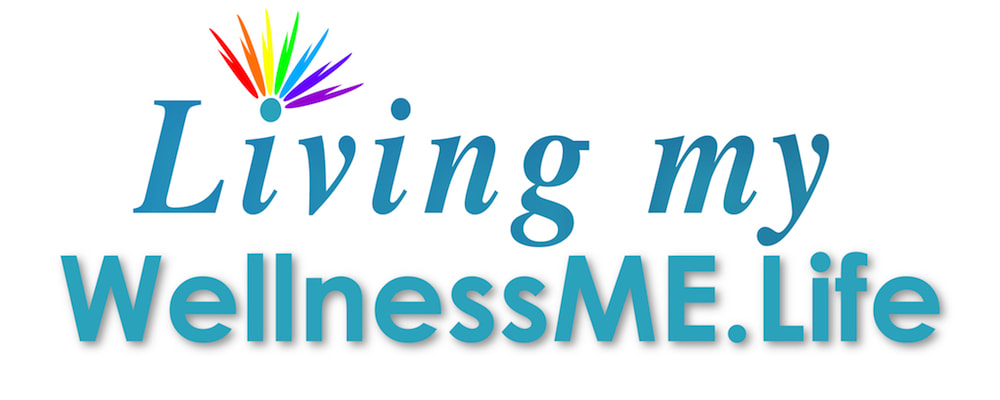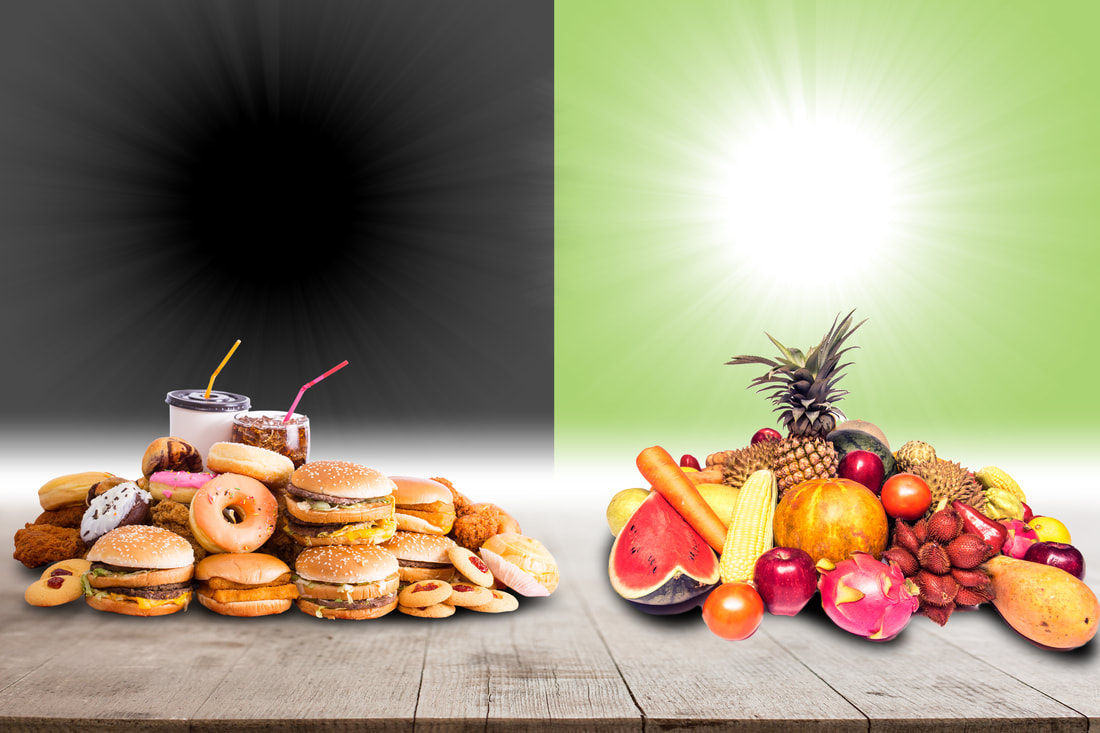|
By Louanne Saraga Walters
I originally wrote this as a guest post for Dr. Steven Masley, whom I had the honor of working with as his Nutritionist Intern at Masley Optimal Health Center. You can find the original post here.
Do you know the answer to a stress-free life? Neither do I! But with stress-causing inflammation at the core of many diseases, I believe it’s time to arm ourselves with foods we can bring onto the stress battlefield. I’m not advocating eating to soothe that anxiety in the pit of your stomach, but I am encouraging you to sharpen your tastebuds with some foods that contain powerful, stress-fighting nutrients. The effects will not only relieve stress, but you may find you also become stressed less frequently - a win win!
Magnesium is at the top of our list of Super-Calmers able to relieve anxiety, improve moods, reduce PMS symptoms, and provide an overall feeling of well-being. The majority of Americans - over 70% - are deficient in this vital mineral, and you guessed it, that can add fire to the flame of stress. The minimum RDA recommendation for Magnesium is 400 mg, which is the minimum “intake sufficient to meet the nutrient requirements of nearly all (97%-98%) healthy people.” As such, Dr. Masley recommends getting that 400 mg from whole foods, and supplementing with an additional 150-200 mg of a quality Magnesium supplement at bedtime. Magnesium rich foods include roasted pumpkin seeds, Chinook salmon, Halibut, brazil nuts, black beans (cooked), and leafy greens like spinach and Swiss chard. (Note: If you enjoy baths, I highly recommend a few nights a week soaking in an Epsom salt bath, allowing your skin to quickly absorb the magnesium and propel you into a wonderful night’s sleep!) Omega-3 fatty acids seem to be all the rage these days, right? And for good reason. Omega-3 fatty acids, also referred to as ‘fish oil’, are from the “good” n-3 polyunsaturated fatty acid (PUFA) branch which help your body fight inflammation - the trigger responsible for starting a cascade of anxiety. Omega-3 fatty acids have been shown to help students studying for exams and to manage patient’s withdrawal symptoms in drug treatment programs. Omega-3 comes in two varieties, long chain (mostly from animals) and short chain (mostly from seeds, grains and vegetables) fatty acids. Long chain is the most efficiently absorbed form for our bodies, however, short chain is recommended to meet your daily intake needs. So, how much do you need? Dr. Masley recommends one to two grams per day of DHA and EPA, the most important forms of long chain omega-3 fats. At the top of the Omega-3 fatty acids whole food list is salmon, providing 1.1g - 1.9g per 3 oz fillet. (Make sure the salmon is wild, not farm raised.) Other long chain foods include white fish, sardines, grass fed beef and egg yolks, and seaweed salad, while walnuts, flax/chia seeds, soybeans/tofu and Brussels sprouts provide short chain omega-3s. Vitamin C is a big player is reducing oxidative stress and limiting cortisol, two key ingredients in Stress Soup, as well as improving mood. And you don’t need much! While the RDA puts the minimum at 60 mg, there is no upper limit on ascorbic acid. Dr. Masley recommends 250 mg from whole foods. You might consider Vitamin C to be one of the best packaged stress busters if you like citric fruits! In addition to the standard oranges, pineapple and kiwi, papaya, strawberries and cantaloupe are full of ascorbic acid, as are their vegetable ‘sisters’ bell peppers, broccoli, Brussels Sprouts and Cauliflower. Vitamin E gets the trophy for being the vitamin in the most shapes and forms. It is actually a group of compounds called tocopherols and tocotrienols, with each of those compounds handling different tasks. It reduces anxiety by serving as an antioxidant (helping relieve oxidative stress), balancing cholesterol, and keeping our hormones even keeled. The RDA for Vitamin E is 15 mg, but most American fall well below that. The key is to aim for mixed tocopherols, like we get in whole foods. And speaking of whole foods! Some of the best Vitamin E whole foods may also be the most tasty: sunflower seeds, almonds, spinach, avocado, peanuts, asparagus, and turnip, beet or mustard greens. Yum! Having a variety of these whole foods on hand will give you an variety of soothing, tasty and nutritious ways to reduce stress. So while not completely stress-free, you may find the stress more manageable and provide a bit of calm in your life. Reference Alramadhan, E., Hanna, M. S., Hanna, M. S., Goldstein, T. A., Avila, S. M., & Weeks, B. S. (2012). Dietary and botanical anxiolytics. Medical Science Monitor: International Medical Journal Of Experimental And Clinical Research, 18(4), RA40-RA48.
0 Comments
Leave a Reply. |
AuthorLiving my WellnessME.Life is our quarterly newsletter, compiled of separate blog posts created by Louanne and Sharon Saraga Walters and contributed by esteemed healthcare practitioners, colleagues and friends with a holistic (interrelated, synergistic, systemic) view of wellness. Archives
January 2019
Categories
All
|



 RSS Feed
RSS Feed